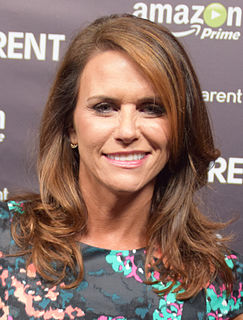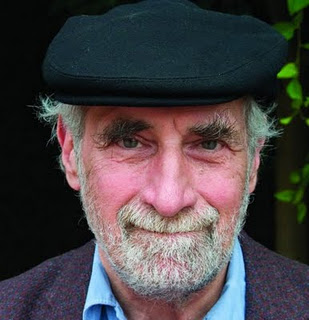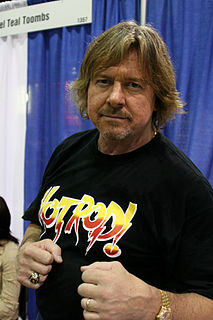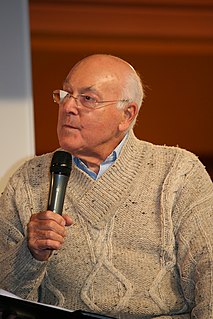A Quote by John Flanagan
The battle, if you could call it that, lasted no more than a few seconds.
Related Quotes
In 1968 I ran into Steve Lacy on the street in Rome. I took out my pocket tape recorder and asked him to describe in fifteen seconds the difference between composition and improvisation. He answered: "In fifteen seconds the difference between composition and improvisation is that in composition you have all the time you want to decide what to say in fifteen seconds, while in improvisation you have fifteen seconds." His answer lasted exactly fifteen seconds.
Your ego may be just a soap bubble. Maybe for a few seconds it will remain, rising higher in the air. Perhaps for a few seconds it may have a rainbow, but it is only for a few seconds. In this infinite and eternal existence your egos go on bursting every moment. It is better not to have any attachment with soap bubbles.
The general who wins a battle makes many calculations in his temple ere the battle is fought. The general who loses a battle makes but few calculations beforehand. Thus do many calculations lead to victory, and few calculations to defeat: how much more no calculation at all! It is by attention to this point that I can foresee who is likely to win or lose.
I give it as my fixed opinion, that but for our graduated cadets, the war between the United States and Mexico might, and probably would have lasted some four or five years, with, in its first half, more defeats than victories falling to our share; whereas, in less than two campaigns, we conquered a great country and a peace without the loss of a single battle or skirmish.
Suddenly, there was an enormous flash of light, the brightest light I have ever seen or that I think anyone has ever seen. It blasted; it pounced; it bored its way into you. It was a vision which was seen with more than the eye. It was seen to last forever. You would wish it would stop; altogether it lasted about two seconds.



































